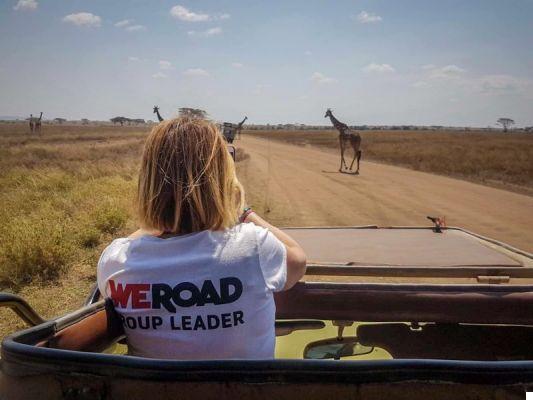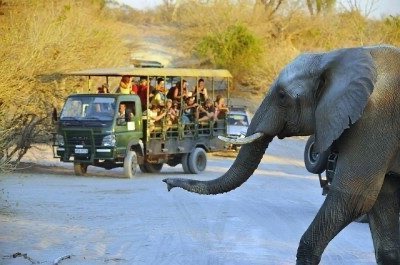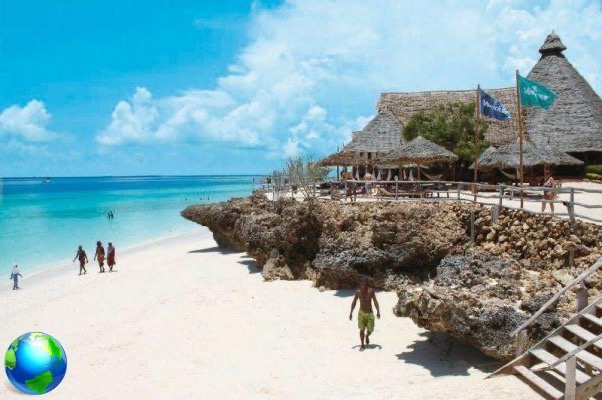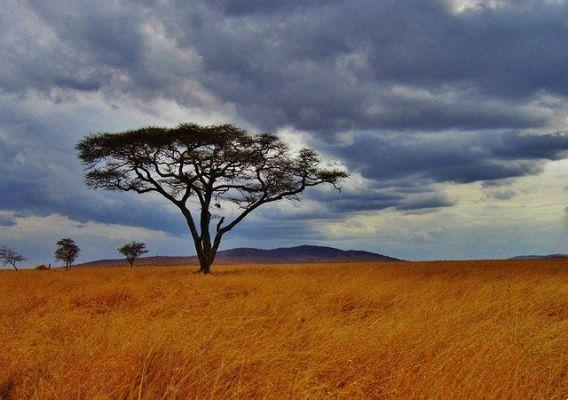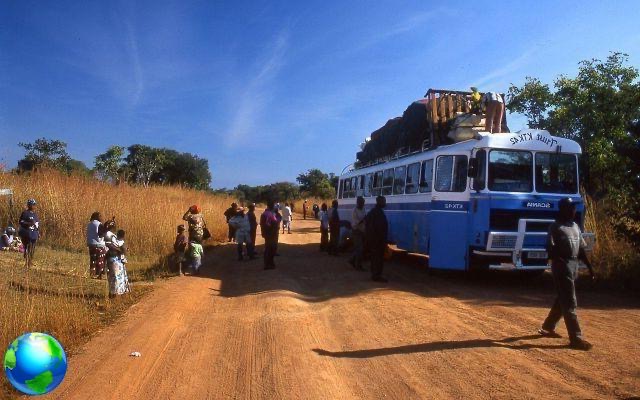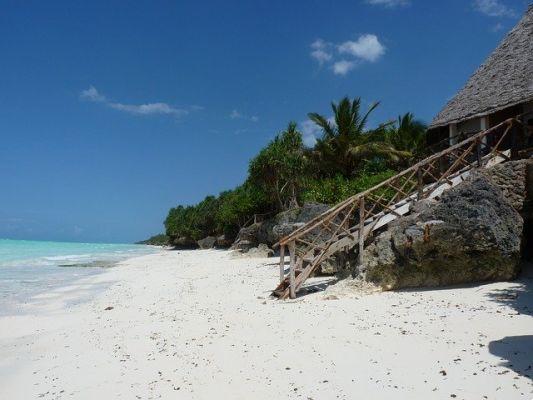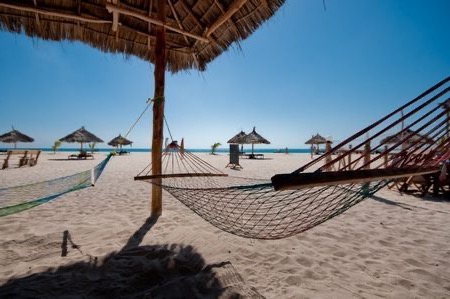All practical information for traveling in Africa and mainly in Tanzania and Zanzibar. Time zone, climate, vaccines, when to go, tourist tax, exchange rate and so on and so forth, all in the post.
Preliminary clarification: I will speak of Tanzania meaning both the continental part and the island of Zanzibar, as they are both part of the same single state.
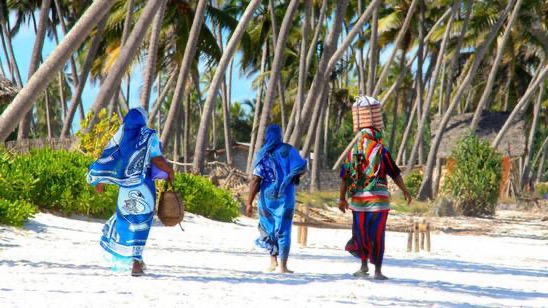
Time zone
Tanzania is located in +2 hours compared to Italy during solar time (our winter months), while it is +1 during our summer time, as there is no time change based on the season.
Weather
In principle, i periods to avoid are April (heavy rain season) and possibly November (small rains). The rest of the year has a good tropical climate, slightly variable between the most and the least dry depending on the month, but with possible rains that will not spoil the programs. If you're interested in the peak season, go in January. More specific considerations should be made instead if so plan a safari, as migrations and animal species that can be seen vary from month to month, in greater or lesser quantities. The basic rule is that in the driest seasons the herbivores concentrate around the few ponds and consequently also the predators hunting them; while in the wet seasons they are all more dispersed and it is more difficult to see the “documentary” scenes we are used to. Therefore, according to my taste (in fact for the birdwatching the wet seasons are recommended), if you want to see the large herbivorous and carnivorous mammals, the best months are August, September and early October, or January, February, March, or even June for the start of the migration to the north.

Visa
To enter Tanzania it is necessary (in addition to the passport, with at least two free pages) the Visa, which can be requested in your contry at the embassy or at the consulate, or directly at the airport upon arrival. I recommend this solution, because it does not present any difficulties and you save the costs and time of sending your passport for affixing the visa stamp. The cost of the visa is dollars 50.

Exit visa
Technically improper terminology, but the substance is the same, you have to pay to go out too. Directly at the airport, at the time of check in, you will be asked for a payment that depends on the airline (yes, which is quite particular, but we are in Africa - and this conclusion applies to many things). Mainly, we return to Italy with Neos or with Meridiana. In the first case the visa costs 40 dollars, in the second 45 or 50. In any case, remember to show up with cash, to the strictest extent, otherwise don't expect change ... (did I already tell you where we are ...?)

City tax
If the exit visa was controversial, the tourist tax is even more mysterious. From what I understand, at the time of writing (December 2015) the fee is 15 dollars in Zanzibar, while in the continental part it should be 1 or 2 dollars, which, however, you will hardly have to worry about as you go there almost exclusively with organized and all-inclusive trips and safaris. The tax in Zanzibar changes more often than the time, so maybe it's not even worth thinking about. Just know that, unless you book a structure without any intermediary, they will charge you (to be paid at the hotel, always in cash) only one dollar per day, while the rest will be covered by the agency, whether it is traditional or one online.

Currency
The official currency is lo Tanzanian shilling (TSH), with an exchange rate that is around 2000 shillings per US dollar. To simplify things, imagine that it is worth like the old lire, we are there. However, you will need more than anything else to have small cuts, and thus be able to deal better at the stalls, while instead all official payments are requested in dollars (or euros, but tend to exchange rates at par between dollar and euro, so it is better to use the American currency). Currency exchange rates are very volatile, both based on who you are facing, and based on the denomination of the banknote you want to change: in fact, 50 and 100 dollar bills have a much more favorable exchange rate than the smaller ones; and in any case, prefer exchange offices, which have the rate displayed on a board, often filled in by hand day by day, avoiding both roadside exchange offices and airport offices. Finally, keep in mind that there is no great custom of giving the change: pay with the correct cut or you will put them and yourself in difficulty.
Vaccines and prophylaxis
The question is on the one hand simple and on the other very complex, so I refer you to a next dedicated post, coming soon, also on the basis of my direct experience. The simple part is what it says the official information: no vaccine is required to enter Tanzania, except for yellow fever if you come from a country at risk (practically all neighboring African states), except for short airports with no exit from the terminal. In reality then the situation would be much more complex, in relation to the period and length of stay, the areas visited, their psycho-physical condition, which condition both any recommendations on further vaccines (diphtheria, typhus, hepatitis, tetanus for example) and the opportunity or not to follow a antimalarial prophylaxis (and with what type of antimalarial).




